- What John Lennon Thinks of Donald Trump - November 14, 2016
- The Meaning of Fun: The Paul is Dead Rumor - February 3, 2016
- BEATLES-STREEP-SHEA SHOCKER: IT’S NOT HER!!!! - August 13, 2015
Simon Reynolds: . . . [I]t just struck me how rock ‘n’ roll early on was teenage music, and even when it got arty and a little bit more grown-up, it was still caught in that sixties live-for-now mindset. Like Jim Morrison counseling “learn to forget.” Rock ‘n’ roll in the beginning was very much “don’t know much about history,” but then all of sudden you’ve got the Band doing “King Harvest” about the plight of farmers in the late 19th century, and a little bit later Randy Newman singing songs about slavery.
Greil Marcus: The Beatles are crucial in this, for both fans and musicians—like the guys in the Band. All our lives, from the time we became sentient beings and lost our lives to Little Richard and Elvis Presley, people were telling us “you’re going to outgrow this.” And in some way everybody believed we would: believed it with resentment, believed it with sorrow, believed it with a weary shrug of the shoulders, but believed it. But when the Beatles showed up, suddenly we—everybody who was still holding on to rock ‘n’ roll fandom, or rock ‘n’ roll as music you played, like the Hawks were, in nowhere bars—suddenly we realized, “no, you don’t have to outgrow this.” You can’t outgrow this, you shouldn’t outgrow this, and you won’t outgrow this. And that was really something. I don’t think anybody looked back after that. It might be something you might get sick of, that would wear itself out for you. But you were not going to outgrow it and go on to more mature appreciations.

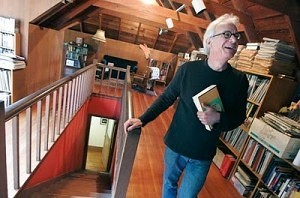
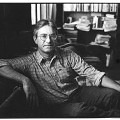
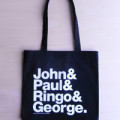

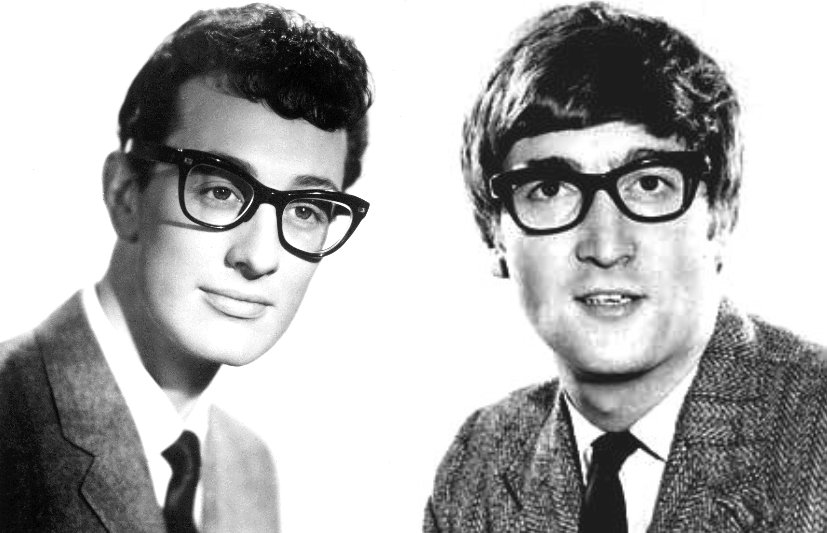
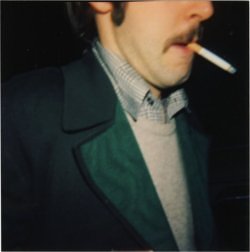
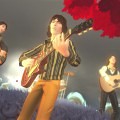
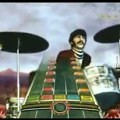
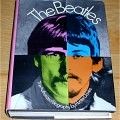
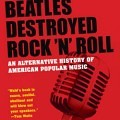

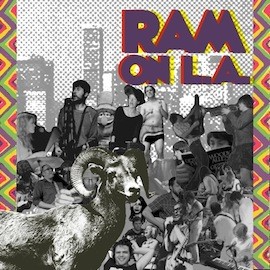
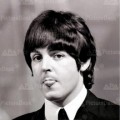
Thanks, Devin–
This is the crux of my issue with GM and JW and RS: if one appreciates this “historical turn,” and all of them do, then one must credit McCartney, and demerit Lennon. McCartney was the one that pushed the Beatles and rock towards this, when Lennon admitted that he didn’t know what was next. Music hall is The Beatles’ very British equivalent of The Band’s roots music. And McCartney wrote “When I’m 64” at age 16! He, not Lennon, showed the future. Lennon was stuck in the 50s idiom for his entire life (“Starting Over,” for ex).
And it was the very things that the rock establishment hated about McCartney that made this “historical turn” possible–his “granny music,” his lyrics about old ladies and melodies your dad could enjoy. The reason your dad could enjoy them is that they were created within an historical continuum–songwriting craft–not just confections of oppositional attitude and sexual energy.
Lennon simply wasn’t musical enough to play that game; and his intellectual insecurity prevented him from trying. Just as McCartney waited for the others to try LSD, and then tried it, Lennon waited for others to widen out rock’s palette, and then tried it. For a year, during which he wrote his greatest songs–then retreated to the faux-honesty, faux-simplicity of White and Let It Be. It’s all a pose.
Personally, I prefer Lennon, both as a figure and an artist. But this point needs to be made, not least because it shows that both men were geniuses, whatever that is, working in a complementary fashion. And to anoint Lennon as “the genius” (mostly because he acted like a weirdo) and McCartney as “a square” (mostly because he was the Beatle your grandma liked) is completely middle-class, in the Sixties sense of the term. It’s just like all the shit Lennon said about wanting a woman who was “exotic, from the East”–it’s just another form of stereotyping, masquerading as open-mindedness. Very Sixties. And very Rolling Stone.